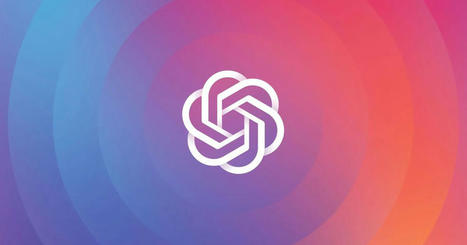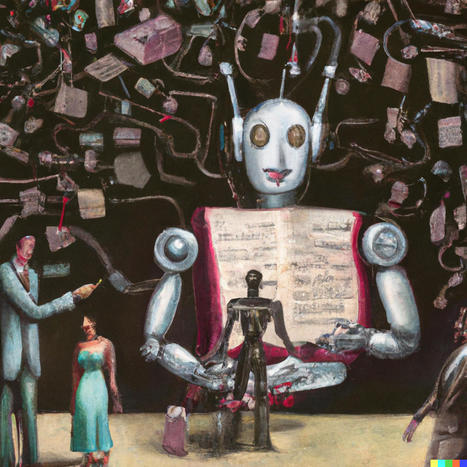OpenAI, the company behind DALL-E and ChatGPT, has released a free tool that it says is meant to “distinguish between text written by a human and text written by AIs.” It warns the classifier is “not fully reliable” in a press release and “should not be used as a primary decision-making tool.” According to OpenAI, it can be useful in trying to determine whether someone is trying to pass off generated text as something that was written by a person.
The tool, known as a classifier, is relatively simple, though you will have to have a free OpenAI account to use it. You just paste text into a box, click a button, and it’ll tell you whether it thinks the text is very unlikely, unlikely, unclear if it is, possibly, or likely AI-generated.
Learn more / En savoir plus / Mehr erfahren:
https://www.scoop.it/topic/21st-century-innovative-technologies-and-developments/?&tag=ChatGPT
https://www.scoop.it/t/21st-century-innovative-technologies-and-developments/?&tag=AI
https://www.scoop.it/topic/21st-century-innovative-technologies-and-developments/?&tag=Ethics
Read the full article at: www.theverge.com
Via Gust MEES



 Your new post is loading...
Your new post is loading...












OpenAI, the company behind DALL-E and ChatGPT, has released a free tool that it says is meant to “distinguish between text written by a human and text written by AIs.” It warns the classifier is “not fully reliable” in a press release and “should not be used as a primary decision-making tool.” According to OpenAI, it can be useful in trying to determine whether someone is trying to pass off generated text as something that was written by a person.
The tool, known as a classifier, is relatively simple, though you will have to have a free OpenAI account to use it. You just paste text into a box, click a button, and it’ll tell you whether it thinks the text is very unlikely, unlikely, unclear if it is, possibly, or likely AI-generated.
Learn more / En savoir plus / Mehr erfahren:
https://www.scoop.it/topic/21st-century-innovative-technologies-and-developments/?&tag=ChatGPT
https://www.scoop.it/t/21st-century-innovative-technologies-and-developments/?&tag=AI
https://www.scoop.it/topic/21st-century-innovative-technologies-and-developments/?&tag=Ethics